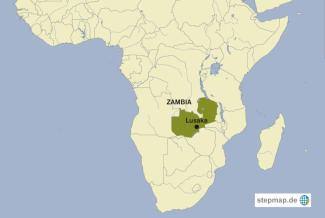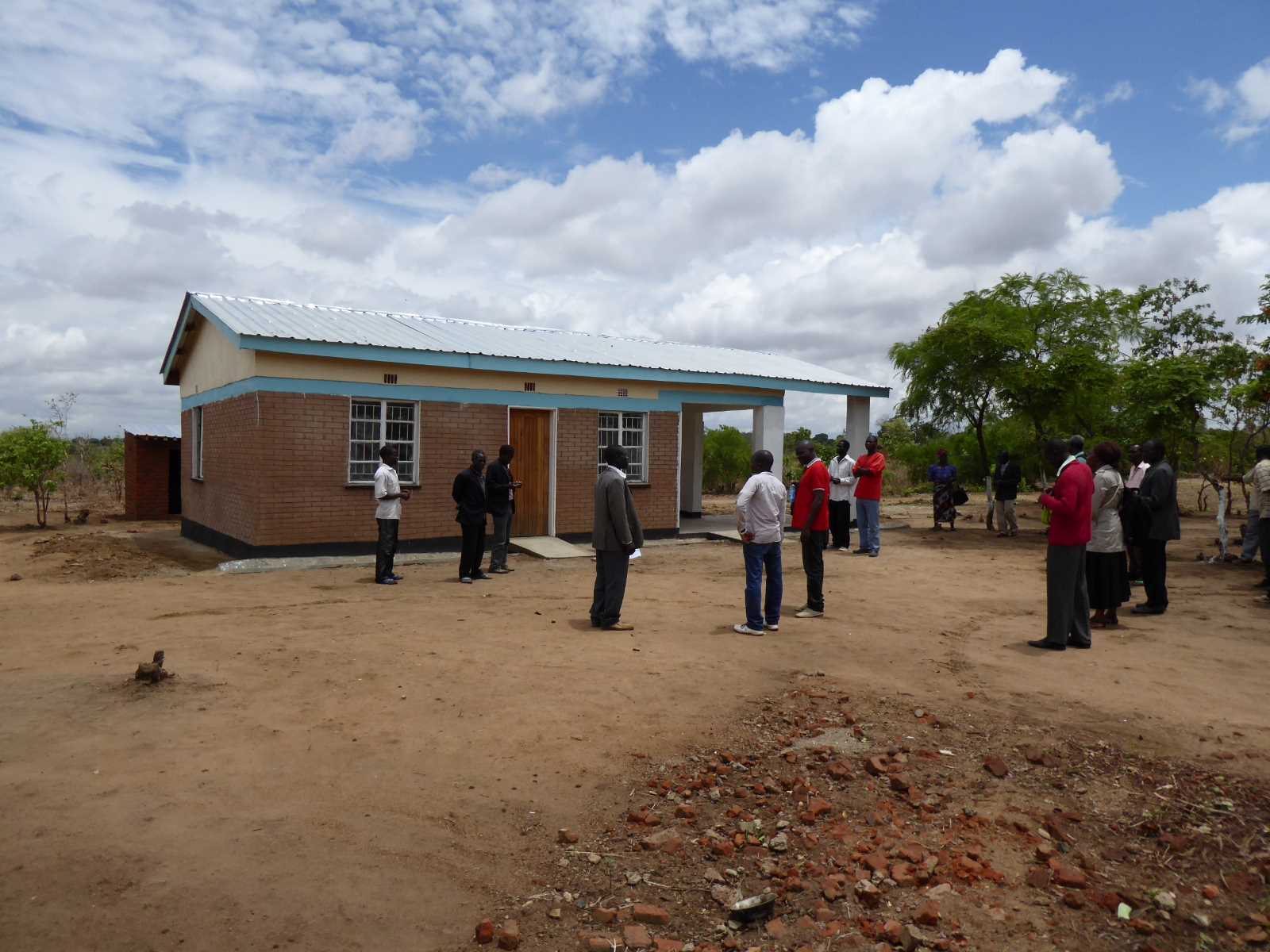Health
Avoiding new HIV infections

President Edgar Lungu pronounced the new HTCT policy in the capital Lusaka in August this year. The government wants to eliminate AIDS in Zambia by 2030. With this new move, the country has abandoned Voluntary Counselling and Testing (VCT), a policy that has not helped to reduce the number of new cases of HIV/AIDS. According to Health Minister Chitalu Chilufya, HIV is responsible for 81 % of deaths at Lusaka’s University Teaching Hospital.
Some people oppose compulsory testing for HIV. They suggest on social media platforms that hospital authorities should seek consent before tests are done. Chabala Mulenga, a resident of Kabwe, argues that some people do not wish to know their HIV status. “Why should government impose testing on me?” he questions. Mulenga points out that most rural areas do not have social workers who could conduct psychosocial counselling, which he claims to be “necessary before testing is done”.
However, the Health Workers’ Union of Zambia (HWUZ) is in support of the government’s HTCT policy. Its general secretary Lewis Mukosha argues that the policy is “good because it is going to reduce the rate of HIV infections”, and that more people who are infected will be put on treatment. “The rate of spreading the disease will be reduced to zero because everyone who is newly infected will be put on treatment, and almost nobody who is on treatment infects others,” Mukosha adds.
He says that voluntary testing was slow in capturing those who had HIV. Advancing to compulsory HTCT would increase coverage so that people know their status and “start living positively as well as responsibly”. The HWUZ general secretary claims there was no consent from patients for tests for other diseases such as tuberculosis either. However, Mukosha cautions health workers to uphold ethical conduct by adhering confidentiality.
The union points out that with HTCT, more health workers must be trained and posted in urban areas and 650 new health posts. Extra resources need to be channelled to rural areas, where there are only few health facilities.
Humphrey Nkonde is assistant editor of Icengelo magazine. He is based in Ndola, Zambia.
zpeopleandplaces@gmail.com











